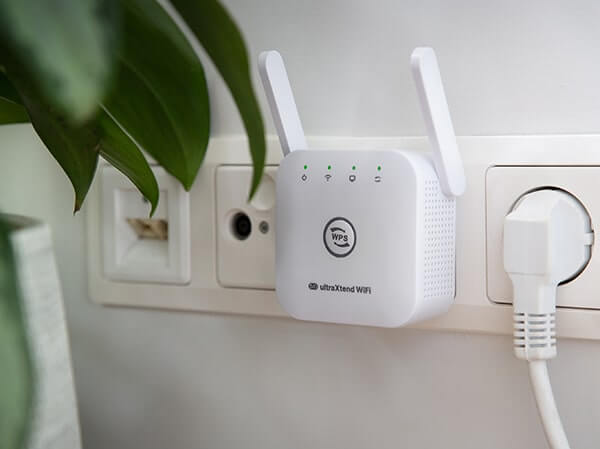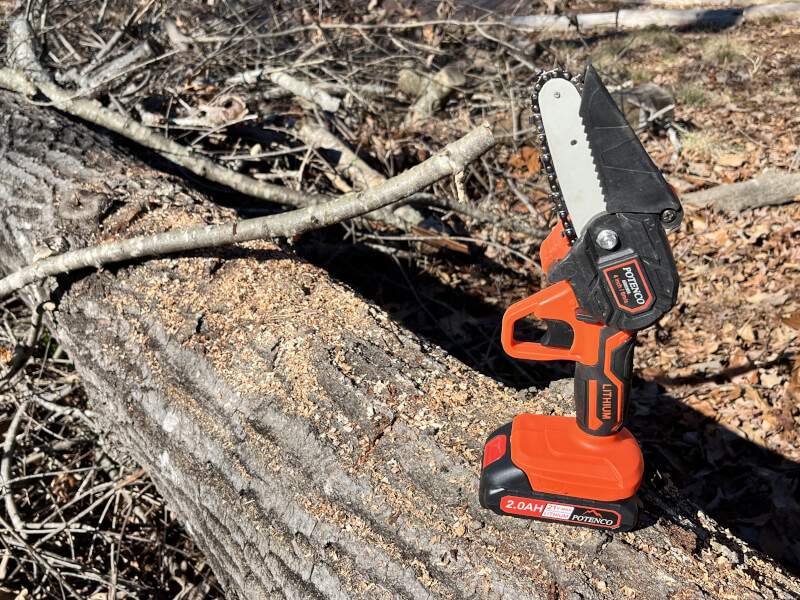Wifi Boosters VS Wifi Extenders: All You Need To Know Before Buying.
#wifi boosters #wifi extenders


WiFi boosters and WiFi extenders are terms that are often used interchangeably, but they can refer to slightly different devices depending on the context. In general, both WiFi boosters and WiFi extenders are designed to enhance and extend the coverage of a wireless network
What Is Wifi Booster? (Wifi Boosters VS Wifi Extenders)
A WiFi booster, also known as a range extender or repeater, is a device designed to enhance and extend the coverage of a wireless network. It works by capturing the existing WiFi signal and amplifying it, effectively increasing the range and improving signal strength in areas with weak or no connectivity. WiFi boosters are valuable for eliminating dead zones in homes or offices, providing a seamless and reliable wireless experience. Easy to install, these devices enhance overall network performance, allowing users to enjoy faster internet speeds and a stable connection across a broader area without the need for complex network restructuring
It is a device designed to amplify and extend the reach of an existing wireless network. It serves as an intermediary between the router and the devices, capturing the WiFi signal and rebroadcasting it to provide improved coverage. The primary goal is to eliminate dead zones, where the WiFi signal is weak or non-existent, and enhance overall network performance.
How WiFi Boosters Work (Wifi Boosters VS Wifi Extenders)
WiFi boosters operate on a straightforward principle: they capture the existing WiFi signal and amplify it to reach areas where the signal is weak.
The process involves two key components:
Signal Capture: The WiFi booster is strategically placed within the range of the existing WiFi signal but closer to the areas experiencing connectivity issues. It captures the signal emitted by the router.
Signal Amplification and Re-Broadcasting: Once the signal is captured, the WiFi booster amplifies it and rebroadcasts it to create an extended network. This extended network provides a stronger and more reliable signal in previously problematic areas.
Benefits Of Using Wifi Boosters (Wifi Boosters VS Wifi Extenders)
Enhancing Connectivity and Extending Networks
In the ever-evolving landscape of digital connectivity, the demand for seamless and reliable WiFi performance has become paramount. However, users often encounter challenges such as dead zones or weak signals in certain areas of their homes or offices. This is where a WiFi booster, also known as a range extender or repeater, emerges as a valuable solution to enhance wireless network coverage.
Addressing Dead Zones
One of the primary advantages of WiFi boosters is their ability to eliminate dead zones. Dead zones are areas within a home or office where the WiFi signal is weak or non-existent. This can be due to physical obstacles, interference from other electronic devices, or the distance from the router. WiFi boosters effectively bridge these gaps, ensuring a consistent and strong connection throughout the entire space.
Easy Installation and Configuration
WiFi boosters are designed with user-friendliness in mind. Most models come with straightforward installation processes, often involving a few simple steps. Users typically need to place the booster in a location with a decent WiFi signal, connect it to the existing network, and configure the settings. Some modern boosters even support WPS (WiFi Protected Setup) for a hassle-free connection.
Types of WiFi Boosters
WiFi boosters come in various types, each catering to specific needs and scenarios:
Single-Band Boosters: These boosters operate on the 2.4GHz frequency band and are suitable for basic internet activities. While they provide extended coverage, they may not be ideal for environments with multiple devices or high data transfer requirements.
Dual-Band Boosters: Operating on both the 2.4GHz and 5GHz bands, dual-band boosters offer enhanced performance, especially in crowded WiFi environments. They can handle more devices simultaneously and provide better data transfer speeds.
Mesh WiFi Systems: Unlike traditional boosters, mesh WiFi systems consist of multiple nodes or satellites that work together to create a seamless and unified wireless network. Each node communicates with the others, ensuring consistent coverage and eliminating dead zones.
Factors to Consider When Choosing a WiFi Booster
Compatibility: Ensure that the WiFi booster is compatible with your router and supports the WiFi standards used by your devices.
Speed and Performance: Consider the data transfer speeds offered by the booster, especially if you engage in activities that require high bandwidth, such as online gaming or streaming.
Coverage Area: Assess the size of the area you need to cover and choose a WiFi booster with an appropriate range to meet your requirements.
Security Features: Look for boosters with security features, including WPA3 encryption, to protect your network from unauthorized access.
Ease of Installation: Opt for a WiFi booster with a user-friendly setup process, especially if you are not tech-savvy.
Similarities Between Wifi Boosters And Wifi Extenders (Wifi Boosters VS Wifi Extenders)
Let’s explore the similarities and differences between these two types of devices:
Purpose: Both WiFi boosters and WiFi extenders serve the common purpose of improving wireless network coverage. They capture the existing WiFi signal and amplify or extend it to areas where the signal is weak or nonexistent.
Wireless Connection: Both devices operate wirelessly, eliminating the need for physical connections to the router. This wireless functionality contributes to their flexibility in placement within a home or office.
Easy Installation: WiFi boosters and WiFi extenders are generally designed for easy installation. Users can typically set them up with minimal technical knowledge by following straightforward instructions.
Improving Signal Strength: The primary goal of both devices is to enhance signal strength, reduce dead zones, and provide a more consistent and reliable WiFi experience throughout the coverage area.
Major Differences Between Wifi Extenders and Wifi Boosters (Wifi Boosters VS Wifi Extenders)
Naming Convention: The terms “WiFi booster” and “WiFi extender” are often used interchangeably, but sometimes “WiFi booster” might be associated with devices that amplify the existing signal, while “WiFi extender” might refer to devices that physically extend the coverage range.
Signal Amplification vs. Signal Extension:
WiFi Booster (Amplifier): A WiFi booster, in some contexts, may specifically refer to a device that amplifies the existing WiFi signal strength within a certain range. It focuses on boosting the strength of the signal rather than extending the coverage range.
WiFi Extender (Range Extender or Repeater): A WiFi extender, on the other hand, often refers to a device that captures the existing WiFi signal and extends it to cover a broader area. It emphasizes extending the coverage range into areas with weak or no signal.
Cost and Complexity: In general, WiFi extenders can vary in terms of cost and complexity. Single-band extenders are often more affordable and simpler, while dual-band and mesh WiFi systems may be more advanced and come with a higher price tag.
Types of Wifi Extenders:
Single-Band vs. Dual-Band: WiFi extenders can be categorized as single-band or dual-band. Single-band extenders operate on the 2.4GHz frequency, while dual-band extenders operate on both 2.4GHz and 5GHz frequencies. Dual-band extenders are often preferred for better performance in crowded WiFi environments.
Mesh WiFi Extenders: Some WiFi extenders are part of mesh WiFi systems. Mesh systems consist of multiple nodes or satellites that work together to create a unified and seamless wireless network. Each node communicates with others to provide consistent coverage.
Conclusion On Wifi Extenders VS Wifi Boosters
In summary, while the terms “WiFi booster” and “WiFi extender” are sometimes used interchangeably, they may refer to devices with specific functionalities. WiFi boosters may focus on signal amplification, while WiFi extenders typically emphasize extending the coverage range. Users need to consider their specific needs, the size of their coverage area, and the level of performance required when choosing between these devices.

